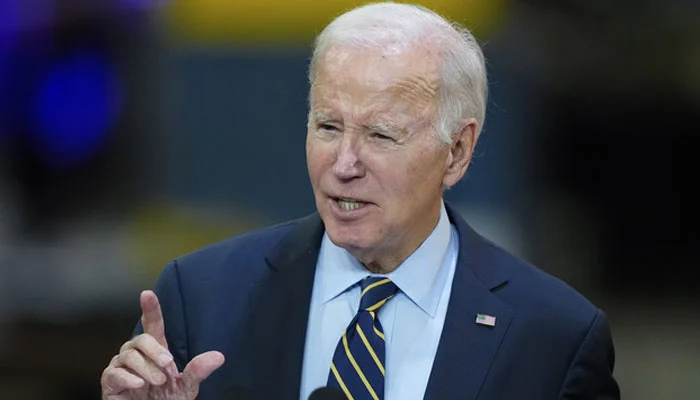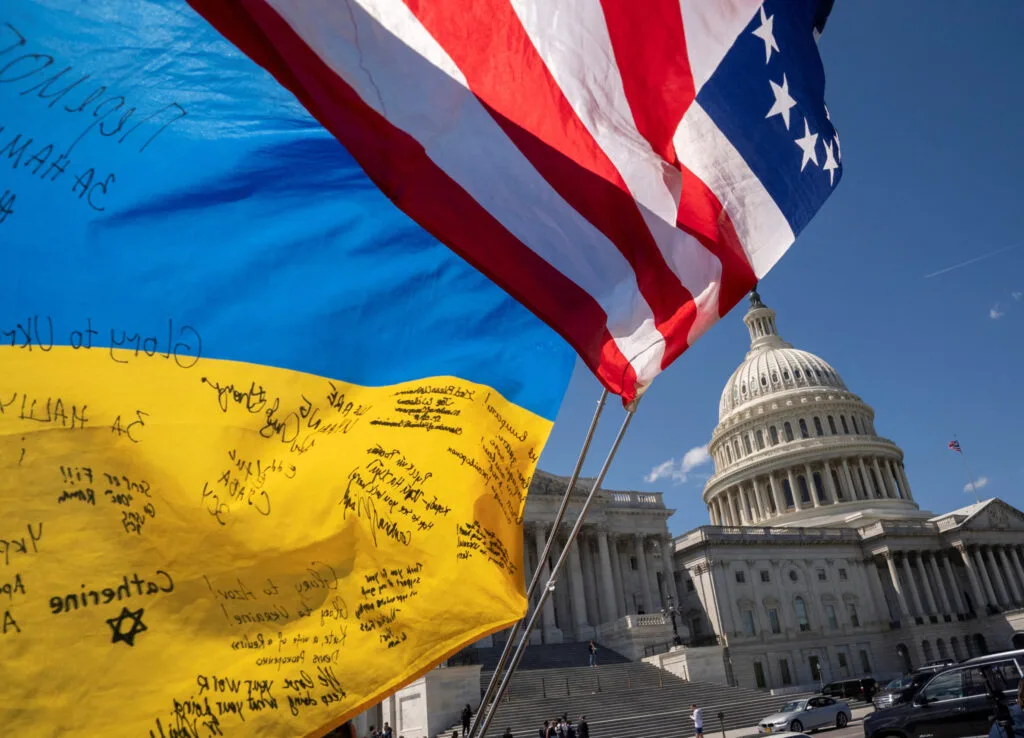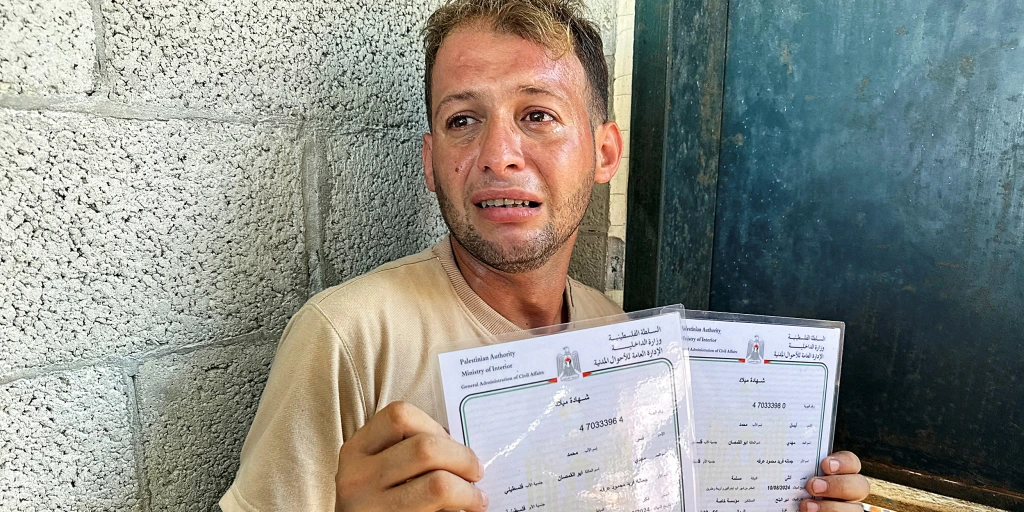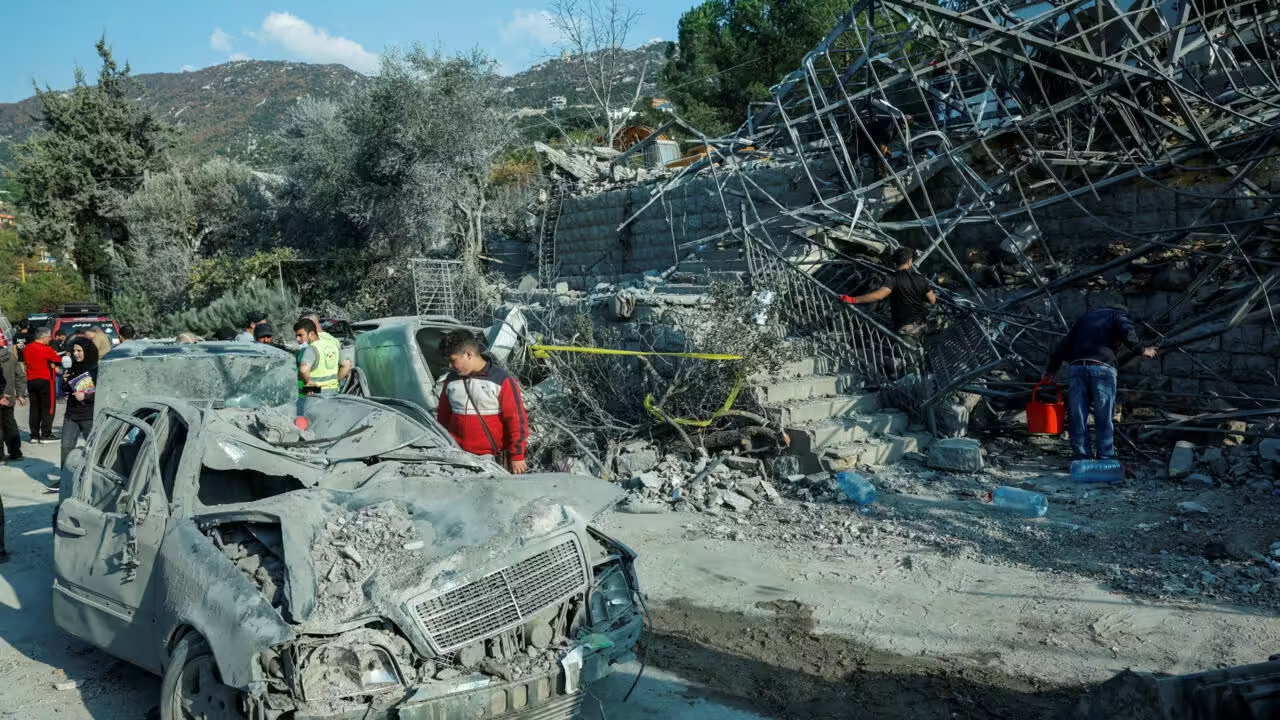In a rapidly evolving situation in the Middle East, President Joe Biden’s call for a ceasefire in Gaza has met with resistance from Israeli Prime Minister Benjamin Netanyahu, as hostilities continue to escalate. The situation has further complicated with the Houthi rebels claiming responsibility for a drone attack on the Israeli city of Eilat, an incident that threatens to widen the regional conflict. Meanwhile, the Israeli forces’ airstrikes on hospitals in Gaza and their relentless offensive in the occupied West Bank have resulted in a rising death toll and devastation.
President Biden’s Efforts for a Gaza Ceasefire:
President Biden’s administration has been actively engaged in diplomatic efforts to broker a ceasefire in the Gaza Strip. The President conveyed his concern for the escalating violence and casualties on both sides and urged a de-escalation of the conflict. His calls for a ceasefire have been part of a broader international effort to bring an end to the hostilities and avoid further loss of life.
However, Prime Minister Netanyahu has rejected the calls for an immediate ceasefire, asserting that the Israeli Defense Forces (IDF) will continue operations until their objectives are met. Israel’s stance reflects the complexity of the situation, with deep-seated issues between Israelis and Palestinians that go far beyond the current hostilities.
Houthi Drone Attack on Eilat:
Amidst the Israel-Gaza conflict, another significant development has emerged with the Houthi rebels, based in Yemen, claiming responsibility for a drone attack on the Israeli city of Eilat. This event marks a notable departure from the current conflict, as it introduces another dimension by involving Houthi forces from a different region.
Eilat, a popular resort city on the Red Sea, was targeted by Houthi drones, leading to concerns about the conflict spilling over into other areas and potentially escalating into a wider regional conflict. The Houthi rebels have been engaged in a protracted conflict with Saudi Arabia and have previously launched missile attacks into Saudi territory. The situation poses a significant challenge for regional stability and further complicates international efforts to resolve the Israel-Gaza conflict.
Israeli Airstrikes on Hospitals and Escalation in the West Bank:
In Gaza, Israeli forces have continued their airstrikes, which have resulted in extensive damage, casualties, and the destruction of vital infrastructure. Hospitals in Gaza, already struggling to cope with the influx of wounded civilians, have been hit in the Israeli offensive. The attacks on medical facilities have raised concerns about the humanitarian situation in Gaza, as the healthcare system faces severe strain amid the surge in casualties.
Additionally, Israeli forces have escalated their operations in the occupied West Bank, leading to violent clashes and casualties among Palestinians. The tensions in the West Bank, combined with the ongoing conflict in Gaza, have ignited anger and protests across the Palestinian territories, with widespread calls for solidarity and resistance.
The impact of the ongoing conflict is deeply felt by the people living in Gaza, where the death toll continues to rise. The United Nations has reported that the violence has led to over 200 Palestinian deaths, including women and children, and thousands of injuries. The suffering in the region is immense, with families displaced, homes destroyed, and the daily lives of civilians disrupted.
While Israel has also faced casualties and damage from rocket attacks launched by Palestinian militant groups, the disparity in power and resources between the two sides is stark, leading to international concern about the disproportionate use of force.
The Role of International Diplomacy:
International diplomatic efforts to mediate the crisis have been ongoing. The United Nations, the United States, and other global leaders have expressed their concern and called for an immediate ceasefire. The urgency of the situation, coupled with mounting casualties and devastation, underscores the need for a diplomatic resolution to prevent further loss of life and alleviate the humanitarian crisis.
The conflict between Israel and Gaza has entered a critical phase, with President Biden’s call for a ceasefire met with resistance from the Israeli Prime Minister. The introduction of the Houthi drone attack on the Israeli city of Eilat has further complicated the situation, raising concerns about regional escalation. The ongoing violence has taken a severe toll on the people of Gaza, with hospitals and healthcare facilities struggling to cope. International diplomatic efforts are crucial to finding a solution and bringing an end to the hostilities, as the global community grapples with the urgency of the crisis and the need to alleviate human suffering.



